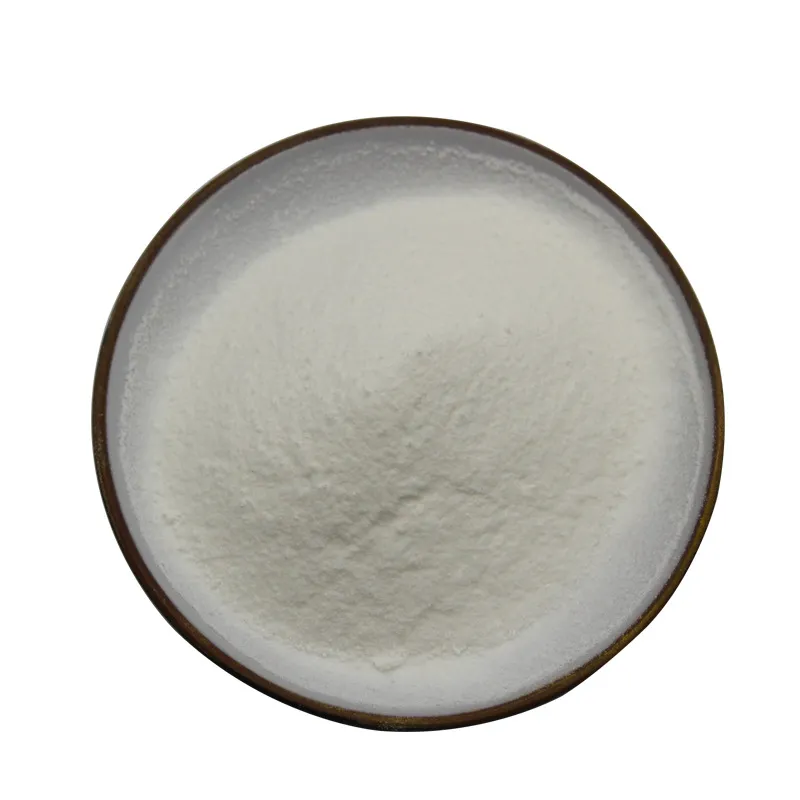Warning: Undefined array key "title" in /home/www/wwwroot/HTML/www.exportstart.com/wp-content/themes/1198/header.php on line 6
Warning: Undefined array key "file" in /home/www/wwwroot/HTML/www.exportstart.com/wp-content/themes/1198/header.php on line 7
Warning: Undefined array key "title" in /home/www/wwwroot/HTML/www.exportstart.com/wp-content/themes/1198/header.php on line 7
Warning: Undefined array key "title" in /home/www/wwwroot/HTML/www.exportstart.com/wp-content/themes/1198/header.php on line 7
- Afrikaans
- Albanian
- Amharic
- Arabic
- Armenian
- Azerbaijani
- Basque
- Belarusian
- Bengali
- Bosnian
- Bulgarian
- Catalan
- Cebuano
- China
- China (Taiwan)
- Corsican
- Croatian
- Czech
- Danish
- Dutch
- English
- Esperanto
- Estonian
- Finnish
- French
- Frisian
- Galician
- Georgian
- German
- Greek
- Gujarati
- Haitian Creole
- hausa
- hawaiian
- Hebrew
- Hindi
- Miao
- Hungarian
- Icelandic
- igbo
- Indonesian
- irish
- Italian
- Japanese
- Javanese
- Kannada
- kazakh
- Khmer
- Rwandese
- Korean
- Kurdish
- Kyrgyz
- Lao
- Latin
- Latvian
- Lithuanian
- Luxembourgish
- Macedonian
- Malgashi
- Malay
- Malayalam
- Maltese
- Maori
- Marathi
- Mongolian
- Myanmar
- Nepali
- Norwegian
- Norwegian
- Occitan
- Pashto
- Persian
- Polish
- Portuguese
- Punjabi
- Romanian
- Russian
- Samoan
- Scottish Gaelic
- Serbian
- Sesotho
- Shona
- Sindhi
- Sinhala
- Slovak
- Slovenian
- Somali
- Spanish
- Sundanese
- Swahili
- Swedish
- Tagalog
- Tajik
- Tamil
- Tatar
- Telugu
- Thai
- Turkish
- Turkmen
- Ukrainian
- Urdu
- Uighur
- Uzbek
- Vietnamese
- Welsh
- Bantu
- Yiddish
- Yoruba
- Zulu
Nov . 04, 2024 13:29 Back to list
Understanding the Benefits and Uses of Sodium Citrate Monohydrate in Various Applications
Understanding Sodium Citrate Monohydrate A Comprehensive Overview
Sodium citrate monohydrate (chemical formula C6H5Na3O7·H2O) is a sodium salt of citric acid, a natural organic acid found in various fruits, particularly citrus fruits. This compound plays a crucial role in multiple industries, including food, pharmaceuticals, and biochemistry, due to its versatile properties and functionality.
Chemical Structure and Properties
Sodium citrate monohydrate is composed of three sodium ions (Na+), one citrate ion (C6H5O7^3−), and one water molecule (H2O). The citrate ion is derived from citric acid, which has three carboxylic acid groups and contributes to the compound's unique behavior. Sodium citrate appears as a white crystalline powder that is soluble in water, making it an ideal ingredient for various applications.
Its pH buffering capacity is one of the critical properties of sodium citrate. It can maintain a stable pH in solutions, making it valuable in biochemical and pharmaceutical formulations. The buffering action occurs because the citrate ion can donate or accept protons (H+) in a reaction, allowing it to resist changes in pH.
Applications in the Food Industry
In the food industry, sodium citrate monohydrate serves several functions. It is frequently used as a food additive (E331) for its role in flavor enhancement and preservation. By acting as a sequestrant, sodium citrate can bind metal ions, helping to stabilize flavors and prevent undesirable reactions that might compromise food quality.
Additionally, sodium citrate is utilized as an emulsifying agent in products like processed cheese. It helps maintain the emulsion of fat and water, providing a smooth texture and consistent meltability. It is also used in carbonated beverages as an acidity regulator, balancing the taste and enhancing the overall flavor profile.
Sodium citrate's role extends beyond flavor and texture; it is also employed in producing certain candies and sports drinks, where it acts as a buffering agent to mitigate acidity. This makes the products more palatable and easier to consume.
sodium citrate monohydrate

Pharmaceutical and Biomedical Uses
The applications of sodium citrate monohydrate go beyond the culinary world
. In pharmaceuticals, it functions as an anticoagulant, particularly in blood storage and transfusion. It binds calcium ions in blood, preventing coagulation and allowing for safe storage and transport.Furthermore, sodium citrate is used in certain medical solutions to adjust pH and maintain the stability of drugs. Its ability to act as a buffering agent is particularly valuable in formulations requiring precise pH control, ensuring the efficacy and safety of medications.
In laboratory settings, sodium citrate is a common reagent in molecular biology procedures. It is employed in DNA extraction protocols and as a stabilizing agent for various biological samples, facilitating research and experimentation.
Safety and Regulatory Status
Sodium citrate monohydrate is generally recognized as safe (GRAS) by the U.S. Food and Drug Administration (FDA) and is widely accepted in food, pharmaceutical, and cosmetic products. Its low toxicity and minimal side effects contribute to its appeal as a versatile ingredient across multiple sectors.
However, as with any compound, it's essential to use sodium citrate within recommended limits to avoid potential adverse effects. Excessive consumption in food can lead to gastrointestinal upset, while its use in pharmaceuticals requires careful dosing as per medical guidelines.
Conclusion
Sodium citrate monohydrate is a multifunctional compound that plays an essential role in various industries. From enhancing flavors in food products to acting as a buffering agent in pharmaceuticals, its applications are vast and diverse. As research continues to explore the compound's properties and potential uses, sodium citrate is likely to remain a valuable ingredient for years to come. Its safety and effectiveness enhance its status as a preferred choice among manufacturers and consumers alike, solidifying its role in our daily lives.
Latest news
-
Certifications for Vegetarian and Xanthan Gum Vegetarian
NewsJun.17,2025
-
Sustainability Trends Reshaping the SLES N70 Market
NewsJun.17,2025
-
Propylene Glycol Use in Vaccines: Balancing Function and Perception
NewsJun.17,2025
-
Petroleum Jelly in Skincare: Balancing Benefits and Backlash
NewsJun.17,2025
-
Energy Price Volatility and Ripple Effect on Caprolactam Markets
NewsJun.17,2025
-
Spectroscopic Techniques for Adipic Acid Molecular Weight
NewsJun.17,2025

